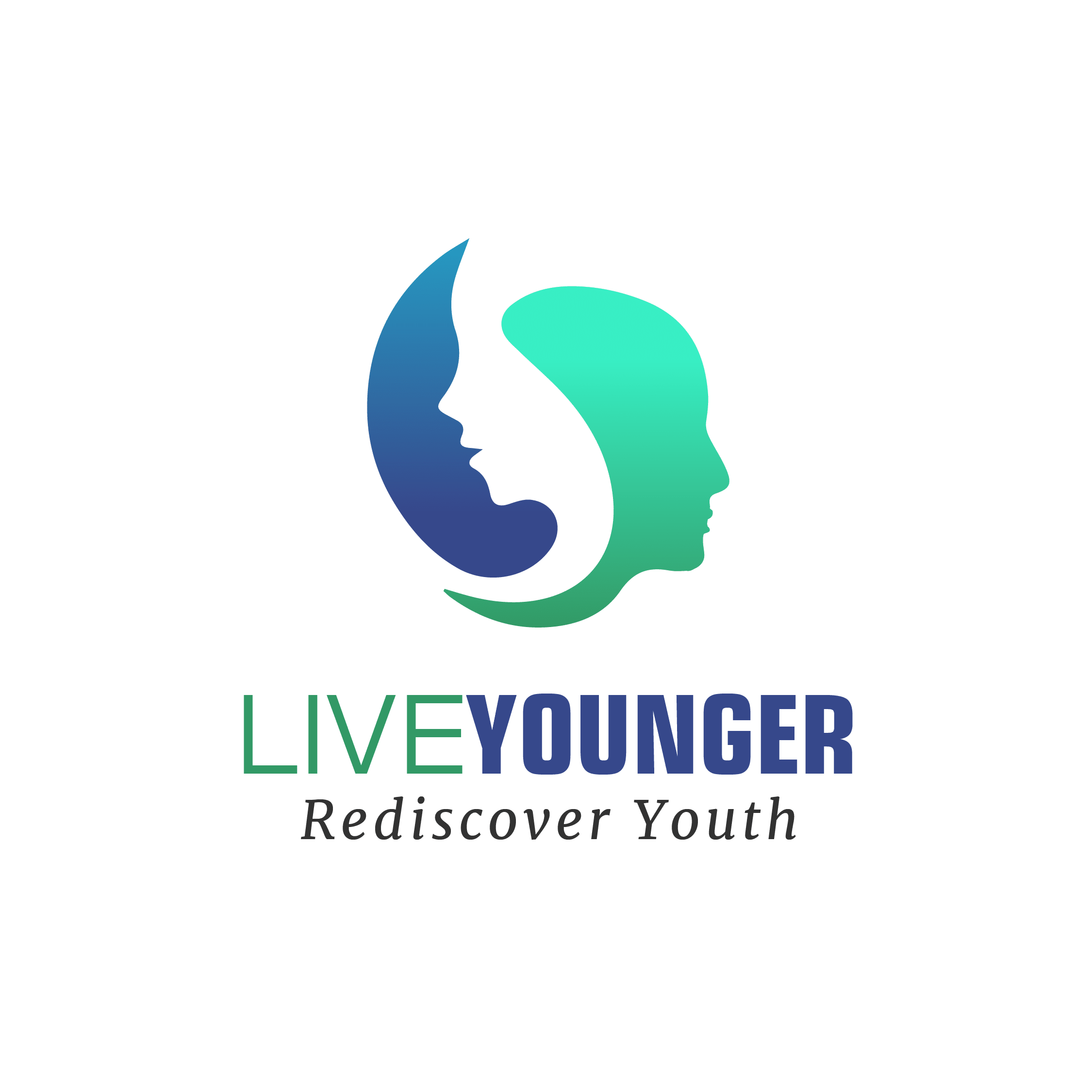Aspartame was recently listed as a carcinogen by the IARC (International Agency for Research on Cancer). Peter Attia analyzed the data and the quality of research, which was done on mice, and evaluated this as a recommendation based on poor science.
It is an extremely well-presented evaluation of ‘scientific data’ which I respect and count on from a thought leader of his caliber.
I can accept that.
A couple of points come to mind immediately.
Peter Attia has a worldwide following of people who hang on to his every word.
Making a statement like that, SIMILAR TO NEWS REPORTERS, sways the opinion of many. Far too often, busy people read headlines and a few paragraphs without analyzing or digesting the content of the article. This is what I didn’t appreciate.
I really don’t want you to think this:
“Well it doesn’t cause cancer, Peter Attia said that, so I’ll just feel good about consuming Aspartame”.
Unlike news reporters who go for sensationalism and have no concern about the aftermath wreaked on the lay public, he did qualify at the very end that a further exploration on the metabolic effect of sweeteners will be explored.
I respect Peter Attia more than anyone in the field of healthy aging and longevity. Far more than Mark Hyman, as a matter of fact.
However, I have divergent opinions with them both, on certain areas (which I will briefly cover at the end).
Regarding Aspartame, the issues are many.
Is cancer the only big concern when it comes to Aspartame?
Can we overlook the decades of reports made versus ‘the science’?
You see when it comes to food and food information; I am extremely skeptical. It’s all about money, and who funds the study, who has more to gain financially. The food industry in North America is not at all interested in optimal health. And when billions of dollars of profits are at stake, it is very obvious when you dig deep that you must contemplate carefully what and who you believe.
As of July 2023, the WHO disagrees with the FDA recommendation that Aspartame is safe. Less strong than the IARC, the WHO states that aspartame is a possible carcinogen.
In 2018, an NIH study by Chaudary et al. in Nutritional Neuroscience mentioned this:
“Possible neurophysiological symptoms include learning problems, headache, seizure, migraines, irritable moods, anxiety, depression, and insomnia.”
And
“These compounds can inhibit the synthesis and release of neurotransmitters, dopamine, norepinephrine, and serotonin, which are known regulators of neurophysiological activity.”
I have learned to pay attention to patients, and real people, instead of purely dismissing things because there is no science. Science depends on what is studied, by whom, and many variables. This is very clear when we read Peter Attia’s evaluation of science.
When people report how they feel or what happens, I fully understand that we are each biochemically and genetically unique. Just because science says it’s possible or not possible, we still have to account for the things that make each person different from the next.
The most important factors are toxic burden, liver enzyme pathways (which are genetically directed but phenotypically affected by many things including the food you eat, your stress, your toxic burden, and other things), digestive health (leaky gut, your microbiome health, food sensitivities) and resilience/ biochemical reserves.
When people say it affects their mood or their sleep or their ADHD, I believe them. I don’t discount their self-reporting just because there is no study that confirms it.
I really don’t care whether food ingredients are labeled as safe or not: I advise my patients to eat food as God made it (or Mother Nature).
God did not make Aspartame. Mother Nature did not make pasta and noodles, or anything that comes in a box or package. If we examine evolution, we will see that the optimal diet for Man is the Paleo diet.
All sweeteners, nutritive and non-nutritive sweeteners do 2 things that I truly care about:
1. They raise insulin.
Insulin resistance is the single biggest threat to longevity and healthy aging at this moment in time.
Peter Attia and I agree with this.
In order to reverse insulin resistance, we must not stimulate insulin.
The sweet taste, whether caloric or not, causes an insulin spike.
This increases your ‘fat storing state’.
Years ago, I had a patient lose 8 pounds simply by stopping her 2-litre-a-day Diet Coke habit. (No other changes).
2. Free permission!!
The taste of SWEET is addictive. When you view something as ‘zero calories’, you can feel free to consume these things without restraint.
It becomes very easy to snack on a low-calorie candy/ chocolate/cookie (‘sugar-free) or drink beverages, including alcoholic ones, that are ‘sugar-free’.
One thing that was very clear from the debates between the WHO, IARC, and FDA is the dose.
Peter Attia’s point was that to cause cancer, the dose needs to be much higher than what could be humanly possible to ingest.
I’d like to point out that the state of Insulin Resistance significantly raises your risk for cancer. We need to choose our words and statements carefully since most people are easily influenced by headlines and brief statements. Peter Attia certainly has a more discerning following of people who pay more thoughtful attention to science and data, however with the launch of his book Outlive, the population that follows him will increase to the general public looking for direction.
For many years, my biggest divergence and ‘disagreement’ with Peter Attia was his failure to acknowledge hormone replacement therapy as a key component of a longevity and healthy aging program.
It has been established for decades that replenishing hormone levels restores youth.
I’ve said for over 17 years:
“You age because your hormone levels decline. Your hormone levels do NOT decline because you are aging”
I’ve been committed to providing safe and effective bio-identical hormone replacement to patients to achieve the goal of healthy aging and longevity.
My other large area of divergence from Peter Attia is on diet.
He has very good dietary guidelines based on absolute science. Protein must be consumed in much larger quantities than we ever paid attention to before.
However, he never speaks about avoiding glyphosate, eating grass-fed-grass finished beef, an elimination diet, focusing on leaky gut, and lowering the body’s burden of toxins. (among other topics that are foundational pieces of a good functional medicine program dedicated to longevity and healthy aging).
Mark Hyman, on the other hand, educates on soil (I love that… it’s different from dirt), lowering toxin exposure, and eating naturally raised food free of pesticides and toxins.
Mark Hyman recommends legumes, grains, dairy, and a high focus on plant-based foods.
I’m in complete disagreement with generally recommending the former food groups based on their inflammatory nature.
I don’t believe that we should be recommending a high percentage plant-based (plant-focused) diet. As much as he mentions the nutritional value of the foods, and recommends which foods provide specific nutrients, I think that in today’s world, food recommendations are based more on ‘food tolerance’ (most people have leaky gut, a certain array of food sensitivities and need to eat specifically to their situation). Hence we all need to take nutritional supplements, especially noting that food today is significantly lower in nutrient density.
Of course, many could disagree with my recommendations for healthy aging and longevity. The key is to research well and be open to taking pieces of information from different sources to find a path that works for you: a biochemically and genetically unique individual.
In the case of Aspartame though, whether it causes cancer or not, whether you increase your insulin resistance by consuming it or not… do you really need to consume it? Is cancer risk the only factor you need to consider when including it in your diet?
Dr. Natasha Iyer, MD


